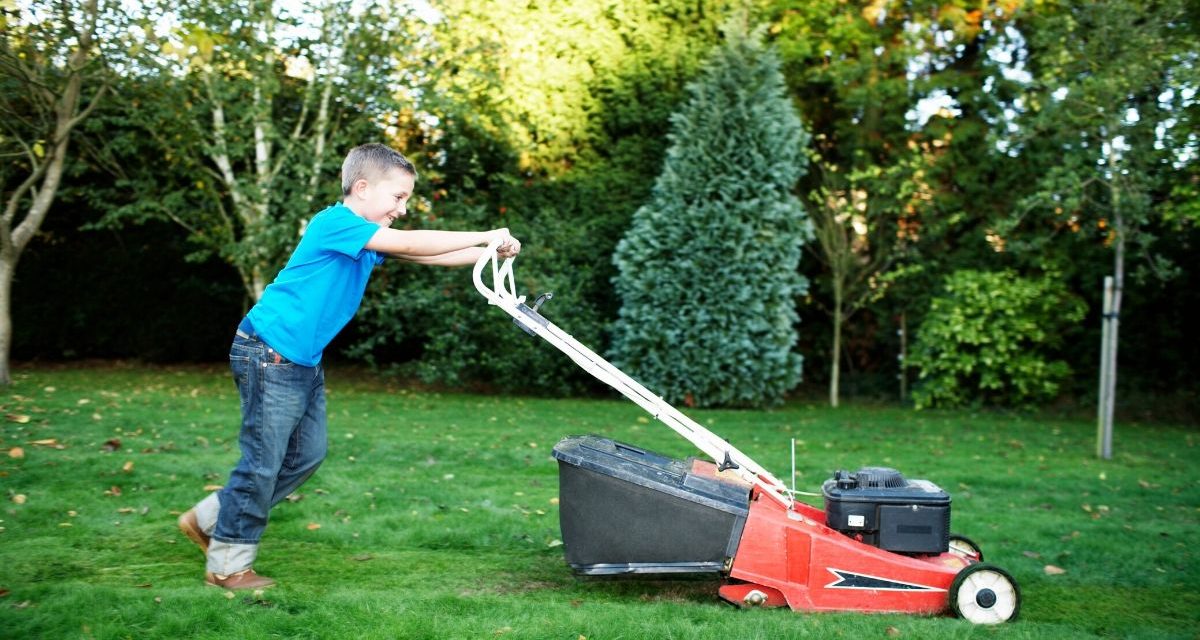Summer is finally here. We’re all anticipating the good times ahead. Summer is often filled with play dates, day trips, vacations, camping, swimming, sports, and plenty of downtimes. For some, sports and camps often another level of entertainment and engagement. It’s endless summer fun or down-time with peers or family.
Yet, many of these kids will not crack a book, pick up a rake or make a bed. While there is an endless array of entertainment, children often are faced with no demand to be responsible in any manner.
It seems the trend is to ensure that children get to do (mostly) what they want and to keep them entertained. This ‘making it easy’ approach is filled with ease and fun, and little responsibility. Parents seem to serve more like taxi drivers, day trip planners, and ‘boredom fixers.’
So, what’s the problem, you may ask? Isn’t this what everyone else is doing?
Entertain Me…and Give Me What I Want!
Somehow, in the middle of this overloaded world of opinions and social media, our sense of being reasonable has failed us and we have lost our compass.
We seem to want our kids to have only ease and fun, not realizing that this will come with consequences. Perhaps more problematic, we too easily seem to follow the lead of our children’s wants and desires. It’s almost as if the more we give our children what they want, the more we seem to think this is good for them. We see this trend growing, as six-year-olds carry IPhones and a Starbucks cup.
Children know what they want. They do not know what is best for them.
Until a solid, responsible maturity is reached, children will tend to want what is easy, what is enjoyable, and what relieves any pressure or sense of anxiety. They will incessantly argue and fight for that easy path. (Some adults take this path as well, of course.)
Notice, if you walk this path with your kids, you may find your children seem to get almost everything they want while putting forth little effort. In today’s world, this translates to very abundant life for your children, without any investment on their part.
Such choices come with three serious consequences, which many of you already experience. First, there is usually very little sincere gratitude for all your efforts. What happened yesterday is irrelevant. What happened earlier today, after you spent six hours and a few hundred bucks in entertainment…that also is irrelevant!
It’s now, “What will YOU do for me right now, Mom?” This is often quite poignant during the summer months, as week after week of effort on your part is met with minimal gratitude from your children.
Secondly, there is an inevitable building of a sense of entitlement. Kids often feel they have a ‘right to an abundant life without any effort or investment. We have trained them for this and may do so again this summer.
Third, they have little sense of the relationship between the effort/resources/money/time expended to create this wonderful life…and the rewards that come from that effort. Thus, they are often ill-prepared to expend that effort later in life, as the expectations of ‘ease’ are deeply rooted in their life experiences. This is evident in how many of these college graduates expect compensation and treatment commensurate with twenty years of experience when they have none. This is a tough reality to accept, and many struggles.
The bottom line is this: Making it easy…will make it hard (later in life).
The solution: Balance responsibility with fun
When we review the research on life success and satisfaction, the common-sense formula is that hard work and effort must be balanced with some time to rejuvenate and enjoy. It is also a clear requisite for continued optimal functioning and good mental health.
When too much demand or responsibility is required, life is drudgery, for adults as well as children. We have no sense of ease and no opportunity to re-energize.
We also see that muscle that we fail to use begins to atrophy. This is true for ‘brain muscle’ as well. When we learn a skill and then ignore it for months, our skills decline. Academically, children consistently lose between two and three months of their academic skills. Why? Because we put no demand on those skills during the summer.
No surprises here: Preparation comes from preparation!
I know that sounds redundant, but let me explain. If we want our kids to be well prepared for the school year this fall, we prepare them. If we want our children to be well prepared to take responsibility in life, we give them responsibility.
Honestly, there is no secret psychological formula. Our children will benefit from working the ‘muscle’ of responsibility and effort this summer.
The balance is simple: requires some work and effort each day. Not a lot, just enough to keep the academic muscle strong. And don’t hesitate to require daily chores around the house before the friends come over or the fun begins. Even if you start small, the benefits are large.














